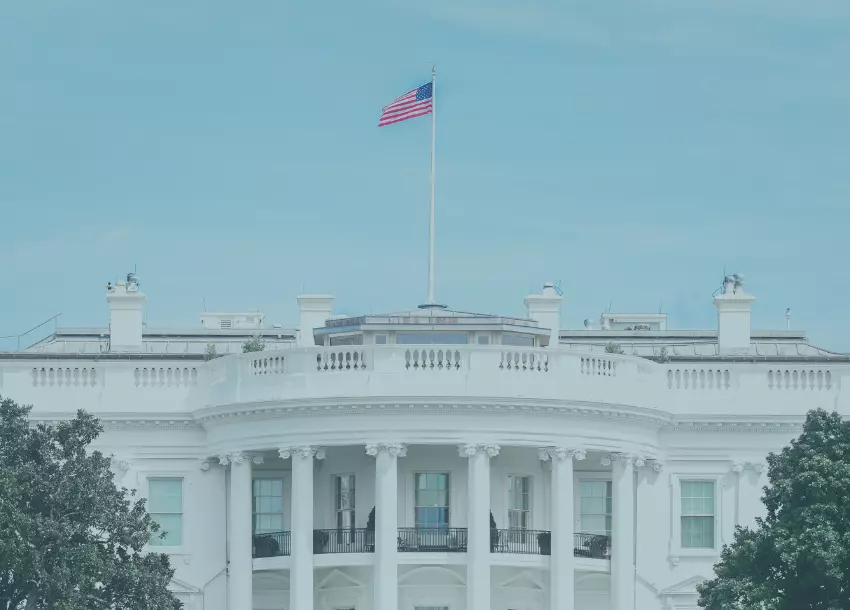FTC Abandons Nationwide Ban on Noncompetes, but Signals Ongoing Scrutiny
When the Federal Trade Commission (FTC) proposed its nationwide ban on most noncompete provisions in January of 2023, it sent shockwaves through the business community. As the ban worked its way through the rulemaking process, employers and their legal counsel scrambled to review agreements, while employees anticipated newfound freedom from their contractual obligations. However, the sea change that many expected did not occur. Federal court injunctions prevented the ban from going into effect and, following the 2024 presidential election, the FTC’s appeals of those decisions were paused. On September 5, 2025, following a 3-1 vote along party lines, the FTC withdrew those appeals. The FTC’s recent actions confirm that there will be no federal ban on non-competes for the time being, but suggest that the FTC will continue federal oversight of noncompetes on a case-by-case basis which, along with a patchwork of state laws, will shape the landscape of noncompete enforcement for the foreseeable future.
How We Got Here
The FTC’s push to restrict non-compete agreements began on January 5, 2023, when it proposed a rule that would ban most non-compete provisions nationwide, and culminated when the Final Rule was published in the Federal Register on May 7, 2024. During that timeframe, many employers and their legal counsel were preparing to comply with the Final Rule by its scheduled September 4, 2024 effective date, including drafting notices to affected employees, modifying restrictive covenant strategies, and evaluating other tools such as non-solicitation agreements and provisions that protected confidential information and trade secrets.
However, the Final Rule faced immediate opposition and legal challenges. Multiple business groups and trade associations argued that the FTC overstepped its statutory authority in issuing the Final Rule, and that the Final Rule was overly broad, arbitrary, and capricious in violation of the Administrative Procedure Act. On August 20, 2024, a federal district court in Texas issued an injunction blocking the Final Rule nationwide, concluding that the FTC lacked clear authority from Congress to impose such a sweeping ban, and holding that the Final Rule was arbitrary and capricious. As a result, the Final Rule never went into effect.
The FTC Changes Course under the Trump Administration
Under the Biden administration, the FTC quickly appealed the nationwide injunction issued by the Texas district court, as well as a Florida district court decision which blocked the Final Rule only as to the parties in that case. However, the Trump administration sent a strong signal that it would not continue those legal challenges when, on President Trump’s first day in office, Andrew Ferguson, who voted against the Final Rule as an FTC commissioner, was named Chairman of the FTC.Shortly thereafter, the FTC filed motions for a 120-day stay of its appeals of the Texas and Florida decisions. That set the stage for the FTC’s September 5, 2025 announcement that it would withdraw both appeals. In Chairman Ferguson’s announcement, he stated that he and fellow Republican Commissioner Melissa Holyoak “warned our Democratic colleagues at great length that the Rule was unlawful six ways from Sunday; that the Rule would never survive judicial review; and that the resources sunk into the Rule’s promulgation and defense would be wasted.”
However, while the FTC will not seek to impose a nationwide ban on non-competes, it signaled that it will continue oversight over restrictive covenants on a more limited basis. Instead of a one-size-fits-all rule, the agency plans to focus on case-by-case enforcement under its existing authority. That means the FTC likely will target particularly abusive or anticompetitive agreements, such as those imposed on low-wage employees or those that serve no legitimate business purpose. In addition, on September 4, 2025, the FTC issued a request for information (RFI) to the public concerning noncompete provisions which asked the public to identify employers who use noncompete agreements and posed specific questions regarding those agreements. The RFI, which includes some questions specific to the healthcare industry, and which asks whether the noncompete provision would “unjustifiability prevent workers from moving to better jobs, impede new business formation, prevent the shift of labor from over-served to under-served markets, and harm rival employes’ ability to compete,” provides helpful insight on the specific areas where the FTC might focus its oversight and enforcement efforts going forward.
Takeaway for Employers
Although the federal ban is off the table, the FTC has signaled that it will remain active in the area of noncompete provisions. Furthermore, noncompetes and other restrictive covenants, including non-solicitation and confidentiality provisions, are subject to a patchwork of state laws which vary dramatically across jurisdictions, and which are subject to conflicting court decisions. Employers with multi-state workforces must navigate this complex and confusing landscape to promote compliance and minimize the risk of litigation. Employers who have noncompetes or other restrictive covenant agreements with their employees should:
- Review existing agreements to ensure they comply with applicable state laws and are narrowly tailored to legitimate business interests.
- Avoid overly broad restrictions, particularly for lower-level employees who lack access to sensitive information.
- Monitor future FTC enforcement actions, as the FTC likely will continue to pursue targeted cases.
- Stay informed of state-level changes, as restrictive covenants remain a hot topic among state legislatures, and state laws are constantly evolving.
If you have questions about how these recent developments affect your organization or would like assistance in reviewing and updating your restrictive covenant agreements, please contact any of our Maynard Nexsen employment attorneys, who are always ready to assist our clients with their business needs.
About Maynard Nexsen
Maynard Nexsen is a full-service law firm of 600+ attorneys in 31 locations from coast to coast across the United States. Maynard Nexsen formed in 2023 when two successful, client-centered firms combined to form a powerful national team. Maynard Nexsen’s list of clients spans a wide range of industry sectors and includes both public and private companies.








